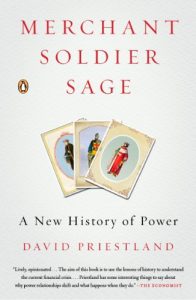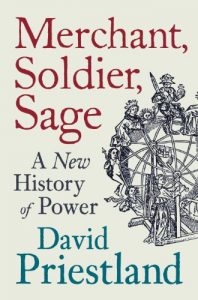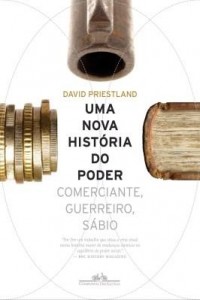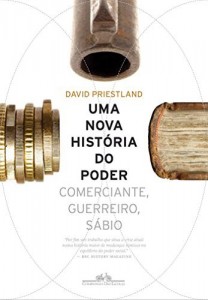A bold new interpretation of modern history as a struggle between three economic groups
We are now living in an age of merchants, but it was not always so. The history of civilization, in large part, is a story of a battle between agrarian aristocracy, the military, and a class of learned experts, or priests. Yet in seventeenth-century England and in the Netherlands, another group entered the mêlée for power: the merchants. For the last four decades, the merchant's power has been unfettered. In Merchant, Soldier, Sage, acclaimed Oxford scholar David Priestland proposes a radical new approach to understanding today’s balance of power, and analyzes the societal and economic historical conditions required for one of these three value systems to dominate. Priestland asserts that, in the wake of the Great Recession, the weakened and discredited merchant still clings to power—but the world is again in the midst of a period of upheaval.
We are now living in an age of merchants, but it was not always so. The history of civilization, in large part, is a story of a battle between agrarian aristocracy, the military, and a class of learned experts, or priests. Yet in seventeenth-century England and in the Netherlands, another group entered the mêlée for power: the merchants. For the last four decades, the merchant's power has been unfettered. In Merchant, Soldier, Sage, acclaimed Oxford scholar David Priestland proposes a radical new approach to understanding today’s balance of power, and analyzes the societal and economic historical conditions required for one of these three value systems to dominate. Priestland asserts that, in the wake of the Great Recession, the weakened and discredited merchant still clings to power—but the world is again in the midst of a period of upheaval.










